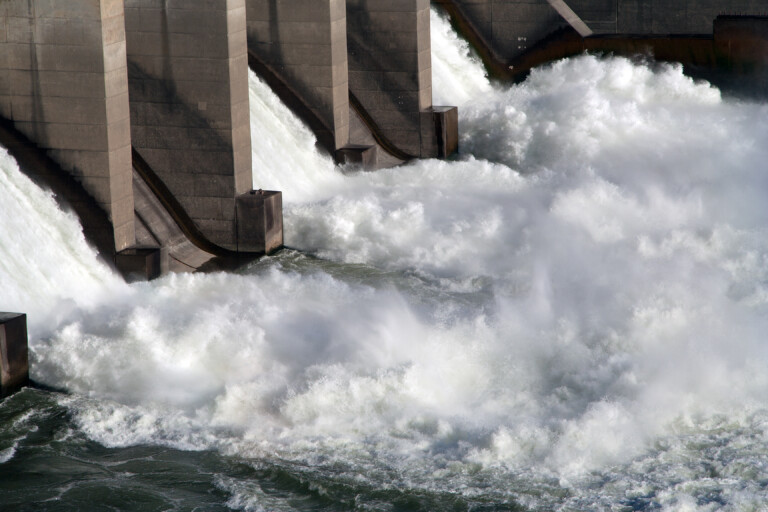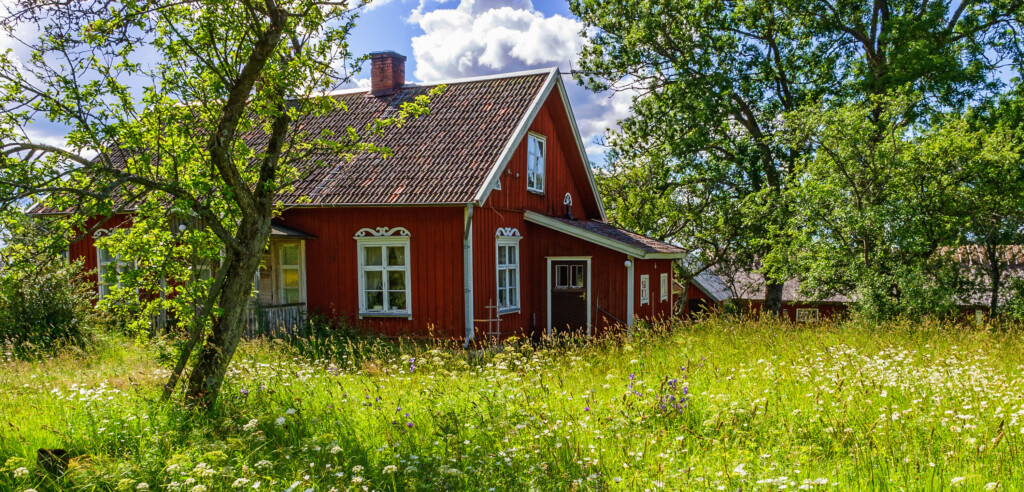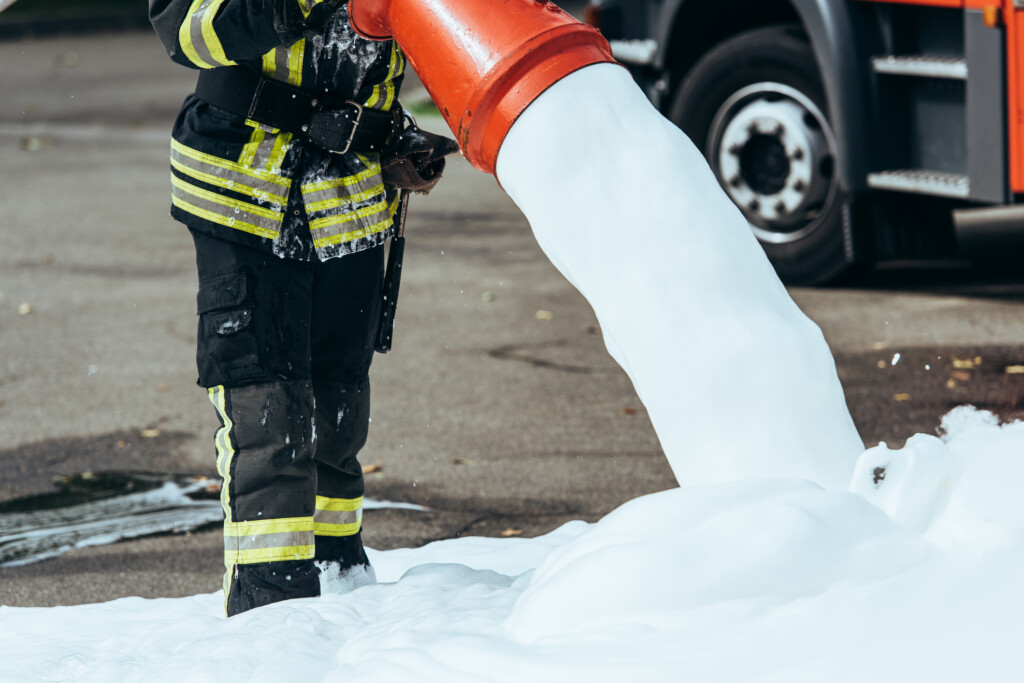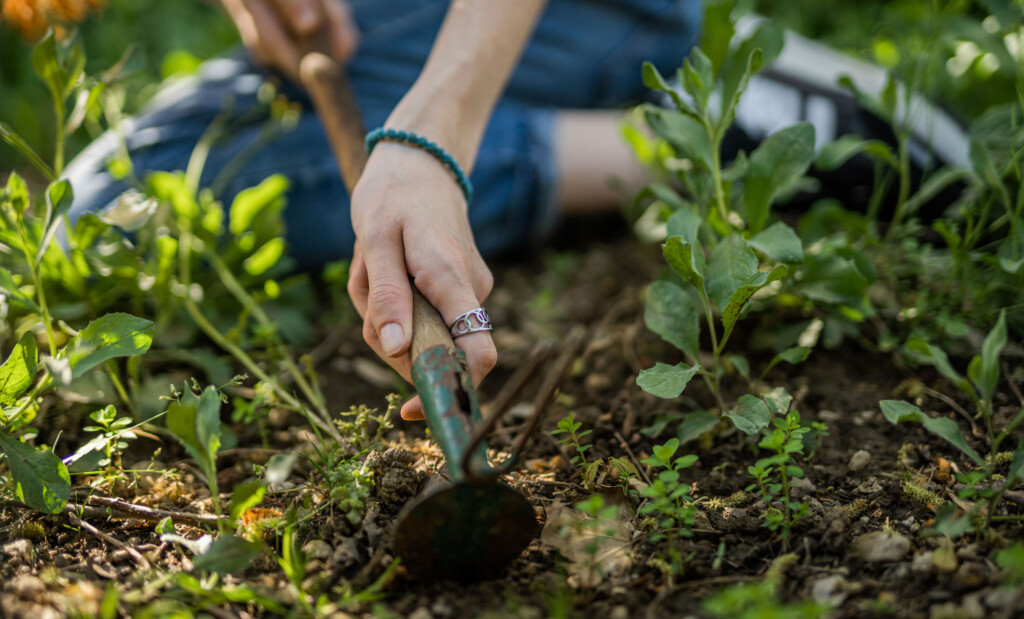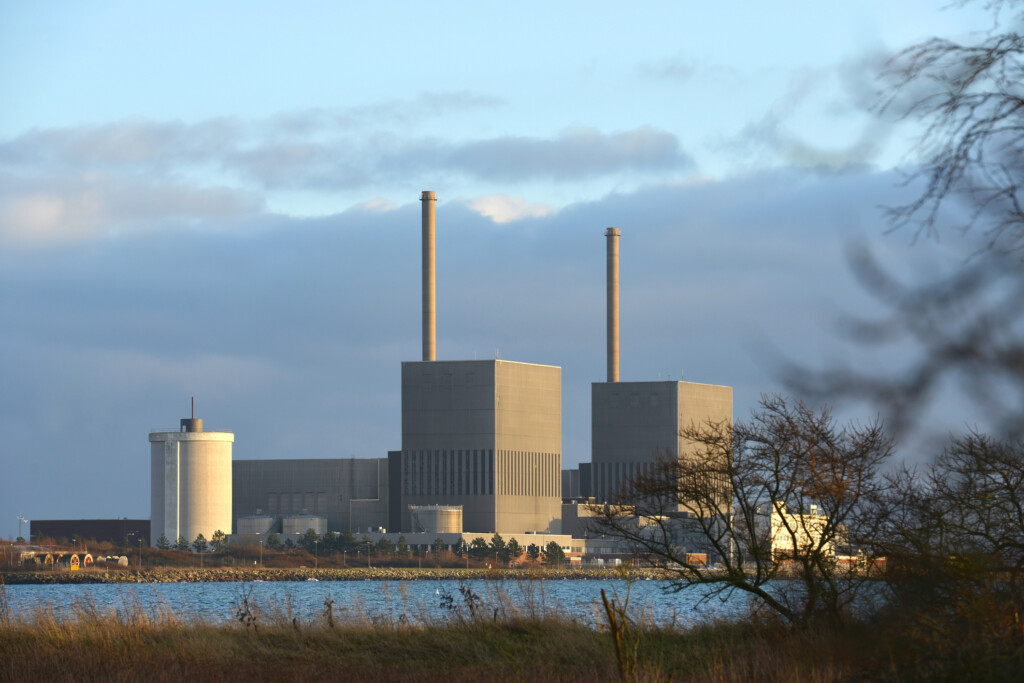Transport
New project to reduce young people’s climate anxiety
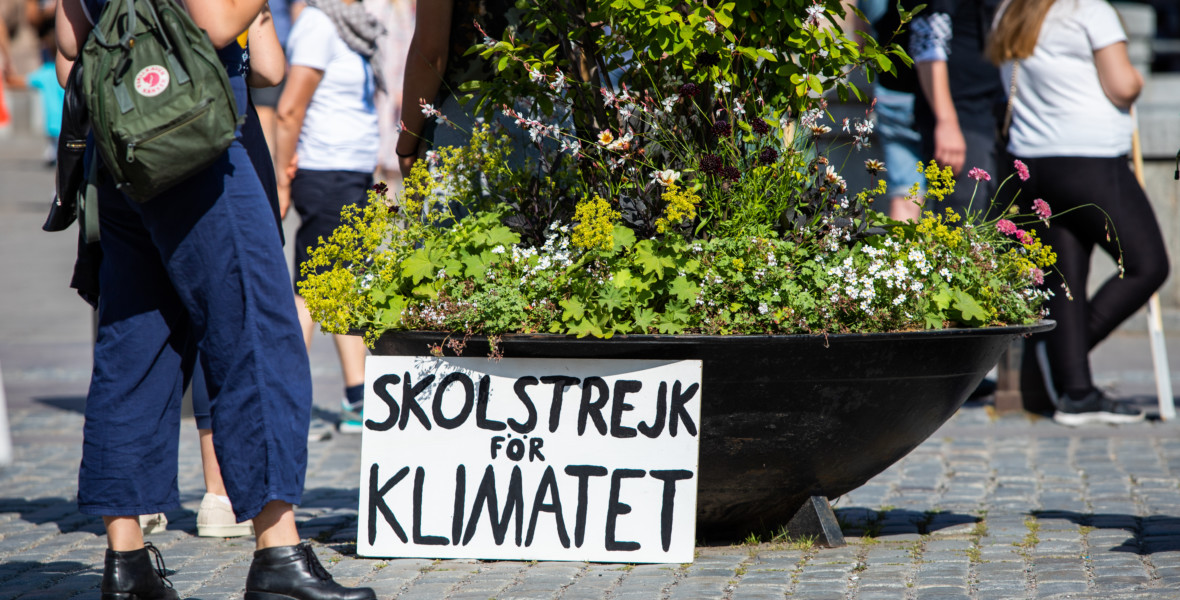
Young people who are committed to environmental issues and believe in research and change find it easier to tackle environmental problems without feeling a sense of hopelessness. Researchers in Gothenburg now want to reach out to young people who are worried about the environment but are unable to channel their concerns.
Subscribe to Extrakt newsletter!
Läs mer
Stay up to date! Get the knowledge, ideas and new solutions for a sustainable society.
Personal data is stored only for the mailing of Extrakt newsletters and information related to Extrakt’s operations. You can cancel the newsletter at any time, which means you will no longer receive any emails from us
“We say so often to young people that they’re our hope for the future – but we think that’s unfair. It should not be up to them to solve this problem. It is we adults who bear the main responsibility. We want to instill hope by showing them what tools are available and what is actually being done,” says Malin Rosengren, biologist and project manager for Ocean Blues at the Centre for Sea and Society at the University of Gothenburg.
The origin of Ocean Blues lies in the many questions the centre receives from schools that are requesting lectures on the state of the marine environment. Interest in environmental issues related to the sea is also reflected in the World Wildlife Fund’s latest climate barometer, for example, which reveals that plastics and ocean pollution are things that worry Swedes almost as much as climate change. In the latest report from the SOM Institute, which conducts public opinion research, the state of the marine environment ranks as the top concern in the category of societal issues.
“We work with these issues, but we were still surprised at how people’s concerns about the state of our oceans stand out in these reports. In the media, we encounter powerful images of plastic in the ocean and dying coral reefs. It stirs our emotions and inspires commitment.”
Different ways to manage climate concerns
Another key building block of the project is previous studies on young people’s strategies for coping with climate concerns and climate anxiety. Studies at Örebro University have described how young people feel in relation to the climate issue depending on how they tackle it.
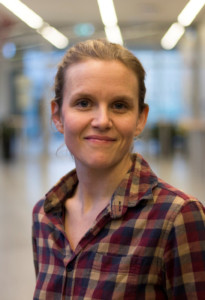
Those who deny the seriousness of the matter or choose to turn a blind eye often feel that they are not able to make a difference. The people who feel the worst are those who distance themselves by avoiding the climate issue as well as those who absorb information and try to make lifestyle changes but focus on the problems.
The young people who feel better emotionally are the ones who are both well informed and engaged and who are taking action on the issue, such as those involved in Fridays for Future. They believe in a force for change in society and in politics, they believe in the researchers, and they believe that the problems can be solved.
“So if we can show that a lot of work is being done and research funding is being invested in these areas, and if we can tell them us about the efforts taking place to solve these problems, then we believe it can help to prove that the situation isn’t hopeless,” Rosengren says.
Holding bad feelings in
Since the spring, efforts have been underway to reach mostly upper secondary school students. That’s when the coronavirus derailed everything, and school visits could not take place. Now, school visits are once again underway with lectures, workshops and university visits around four different themes: plastics in the ocean, biodiversity, climate change and chemical pollution.
“Many students already have a strong commitment. Of course, it’s usually the voices of those students you hear. But we see that many of them have already started up an environmental group at their school, or they’ve gotten the school to serve more vegetarian food, or have convinced their local grocery stores to use paper bags instead of plastic bags.”
We also want to find the kids who go around hiding their feelings of anxiety. Our goal is to reach out to them and show that there are many opportunities to get involved.
“But we also want to find the kids who go around hiding their feelings of anxiety. Our goal is to reach out to them and show that there are many opportunities to get involved.”
During the autumn, another part of the project will kick off. Eco Action is an online platform in the project that offers young people tips on how they can get involved. This can involve inspiring people to create an art project, like Gothenburg-based dance hall artist Eywa’s video about biodiversity and deforestation, or working on a film project with a film producer.
“Many images of the state of our oceans are hard to digest, but we don’t want to leave anyone with an even greater feeling of anxiety. Instead, we want to inspire engagement and active participation. We hope that our project will help to achieve this,” Rosengren says.
CLIMATE CONCERN AMONG YOUNG PEOPLE
• Maria Ojala, associate professor of psychology at Örebro University, has researched young people’s concerns about climate change. One of her studies is about young people’s well-being based on how they cope with the climate issue.
• Another study focuses on how young people are affected by media reporting on climate change and which form of climate change communication best includes young people.
• Some of Maria Ojala’s advice to parents and teachers is about allowing for discussions on climate and environmental concerns and offering concrete advice on how to get involved. She also notes that many young people have a dark picture of the future, and offers a way to balance their view: discuss the kind of world we want to live in so that we can create something positive to strive for.


